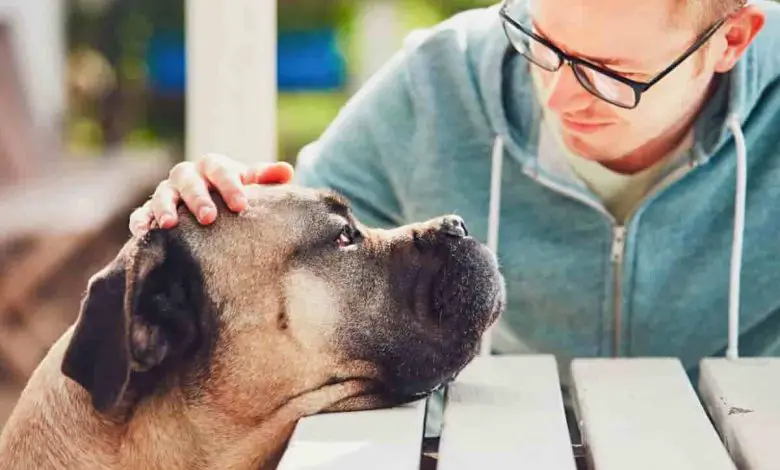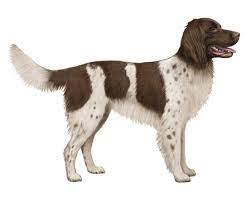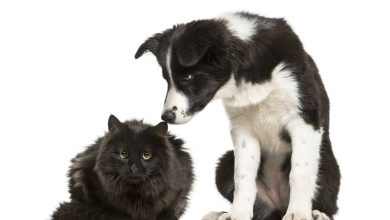Coping with the Loss: How to Honor and Remember Your Beloved Dog Passed Away


Losing a beloved dog is an incredibly difficult and heart-wrenching experience. Dogs hold a special place in our lives, often becoming cherished family members and trusted companions. When a dog passes away, it can leave a significant void and evoke intense emotions. In this article, we will explore various aspects of coping with the loss of a dog and provide guidance on how to honor their memory while finding ways to heal.
Dogs have an exceptional ability to form deep emotional connections with humans. They offer unwavering loyalty, unconditional love, and unwavering companionship. When a dog passes away, it can trigger a profound sense of loss and grief. It is crucial to acknowledge and validate these feelings, as the grief experienced after losing a pet can be as intense as grieving for a human loved one.
Coping with the Loss of Dog Passed away
Acknowledging and accepting the grief is the first step towards healing. Understand that it is normal to feel overwhelming sadness, guilt, and even anger. Seek support from family and friends who can provide a compassionate ear and empathetic understanding during this challenging time. Additionally, consider joining pet loss support groups or seeking professional counseling to help navigate the grief.
Honoring the Memory of Your Dog
Finding ways to honor the memory of your dog can provide solace and comfort. Create a memorial or tribute to celebrate their life, such as a personalized plaque, a photo collage, or a dedicated space in your home. Keep mementos and photographs that remind you of the happy times you shared. Consider planting a memorial garden or tree in your dog’s honor, providing a tranquil place for reflection and remembrance.
Dealing with the Emotional Impact on dogs passed
Allowing yourself to grieve fully is essential for the healing process. Express your emotions through writing, art, or other creative outlets. Journaling can help you process your thoughts and feelings, while creating art can provide a tangible expression of your emotions. Engage in activities that bring you comfort and solace, such as taking long walks, practicing mindfulness, or engaging in hobbies that bring you joy.
Moving Forward after dog passed away
While the pain of losing a dog may never fully dissipate, moving forward is a crucial part of the healing process. Consider adopting another dog when you feel ready. Opening your heart to a new furry friend can bring joy and companionship back into your life. Alternatively, you can channel your love for dogs by volunteering at animal shelters or supporting animal-related charities, helping other animals in need.
Helping Children Cope with the Loss of dog
The loss of a beloved pet can be particularly challenging for children. It is essential to be open and honest with them about the situation. Encourage them to express their feelings, whether through talking, drawing, or writing. Reassure them that it is okay to grieve and that their emotions are valid. Provide comfort and support as they navigate through their own grieving process.
See also: What age do Border collies die
Understanding the Stages of Grief after Dog Passed away
Grief often follows a pattern of stages, including denial and shock, anger and guilt, sadness and depression, and finally, acceptance and healing. It is important to recognize that everyone’s grief journey is unique, and there is no fixed timeline for healing. Allow yourself to experience each stage without judgment, seeking support from loved ones or professionals if needed.
Taking Care of Yourself
During the grieving process, it is crucial to prioritize self-care. Be gentle with yourself and give yourself permission to grieve. Engage in activities that nurture your emotional well-being, such as spending time in nature, practicing relaxation techniques, or engaging in physical exercise. If your grief becomes overwhelming or prolonged, do not hesitate to seek help from a grief counselor or therapist who specializes in pet loss.
Conclusion
Losing a dog is an incredibly painful experience that can leave a lasting impact on our lives. However, by acknowledging and accepting our grief, honoring the memory of our beloved pets, and allowing ourselves to heal, we can find solace and comfort. Remember that everyone’s grief journey is unique, and there is no right or wrong way to grieve. Give yourself the time and space to heal, and remember that the love and bond you shared with your dog will forever live on in your heart.
FAQs (Frequently Asked Questions) about Dog passed away
Here are the most FAQs about dog passed away:
How long does it take to heal after losing a dog?
The healing process varies for each individual. There is no fixed timeline for grief, and it is essential to allow yourself the time and space you need to heal.
Is it normal to feel guilty after my dog passes away?
Feeling guilty is a common emotion when grieving the loss of a pet. It is crucial to recognize that you did everything you could to provide a loving and fulfilling life for your dog.
Should I get another dog after losing mine?
The decision to adopt another dog is deeply personal. Take the time to grieve and consider if you are emotionally ready to open your heart to another furry companion.
See also: How to Bath a Puppy
How can I support my child through the loss of their dog?
Encourage open communication, validate their feelings, and provide comfort and reassurance. Help them express their emotions through talking, drawing, or writing.
When should I seek professional help for my grief?
If your grief becomes overwhelming, prolonged, or significantly impacts your daily life, it may be beneficial to seek professional help from a grief counselor or therapist who specializes in pet loss.




